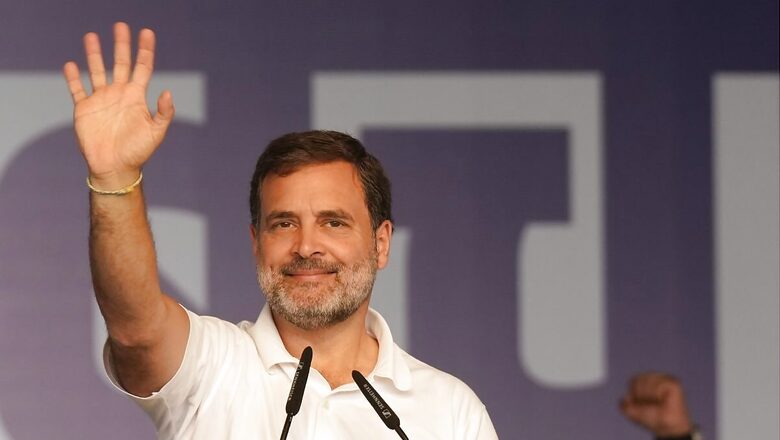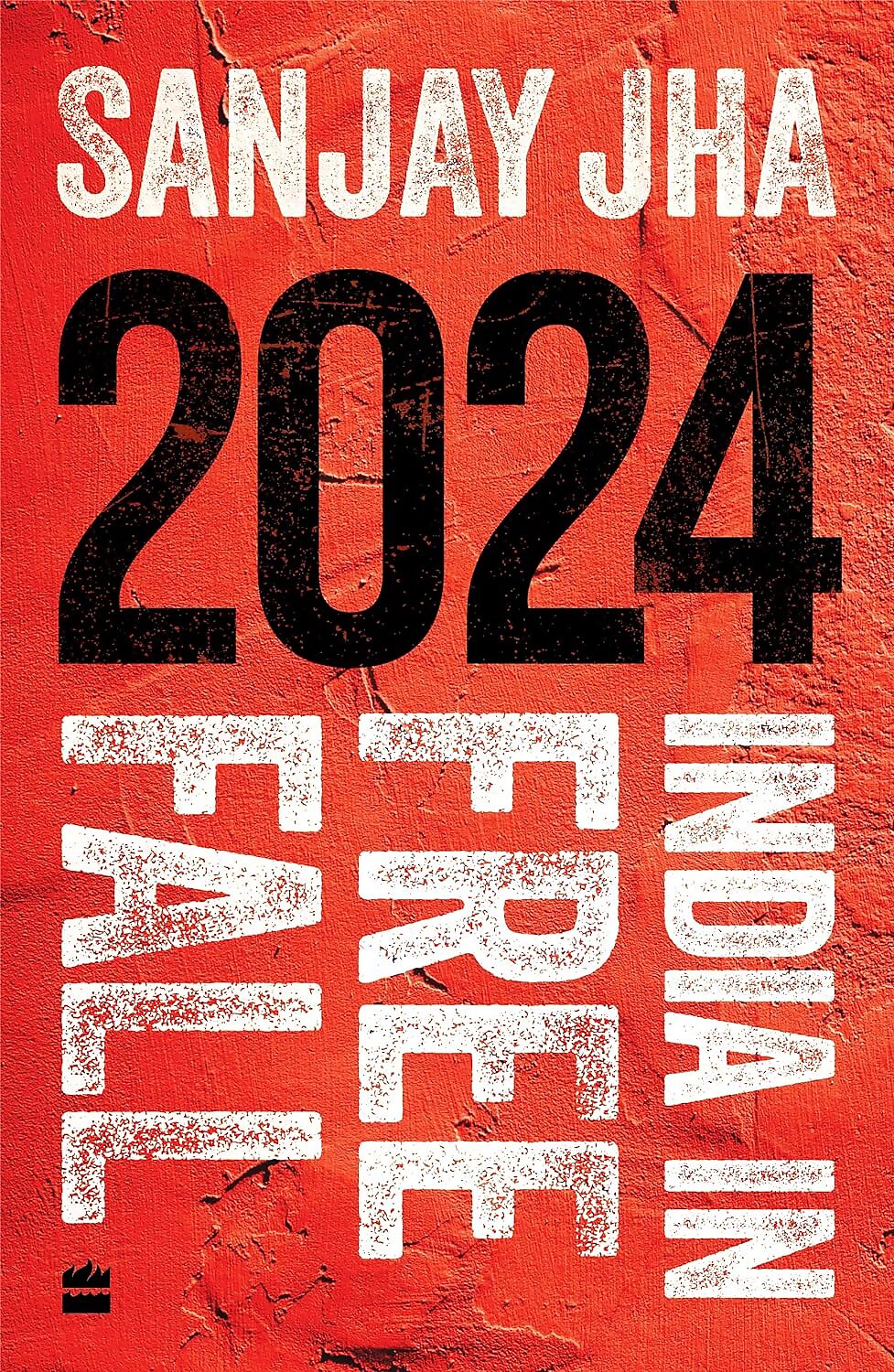
views
In his new book ‘2024: India in Free Fall’ (HarperCollins India), suspended Congress leader Sanjay Jha has revealed that most party dissenters who had formed G-23, had genuine and personal affection for Rahul Gandhi but the Gandhi scion’s inaccessibility gave them migraine.
G-23, a group of Congress rebels, was a curious mix of former union ministers, AICC office bearers and other notables. In August 2020, they had shot a missive to Sonia Gandhi, complaining about Rahul’s style of function. The group had asked for internal elections and an organisational overhaul. Many leading lights of G-23 namely Ghulam Nabi Azad, Kapil Sibal, Jitin Prasada, R P N Singh, Milind Deora and Ashok Chavan subsequently left the party.
Jha, a former AICC spokesman, was suspended from the Congress in July 2020 after a critical takedown of his party in a newspaper article that had accused the grand old party of drifting far from its democratic and liberal values. Jha fancies himself as a Congress party ideologue.
According to Jha, G-23 was not a congregation of international leaders huddled in a swanky getaway in the Swiss Alps confabulating on climate change in a post-Trump world order. Neither was it a ragtag gang of disgruntled old men plotting a midnight putsch. “In fact, it was an assemblage of twenty-three passionate politicians with gargantuan self-respect for the political party they represented,” Jha wrote in ‘2024 India in Free Fall’ where he argues that, politically, India appears to be in a state of free fall.

G-23, in Jha’s view, were a thoughtful lot, a committed bunch of Congressmen, ideologically Nehruvian, who were appalled that the Congress had become so lazy and listless that it was quite literally giving the country on a platter to the BJP, which was smashing it to smithereens. “Everyone would genuinely express their personal affection for Rahul privately; it was his inaccessibility that gave most a migraine. Although petty grovelers would taunt G-23 as BJP agents or desktop leaders, the truth was otherwise. I often hosted Zoom call meetings with many of them and we would talk for hours on how to fix what seemed like a terminal disintegration.” Jha, however, offers no explanation why many of these worthies who were “ideologically Nehruvian” chose BJP as their political destination.
Jha questions Rahul Gandhi’s sardonic dig at his erstwhile colleague Jyotiraditya Scindia when the former Congress president called him a backbencher in the BJP. Jha doubts Rahul’s claim that had Scindia stayed on in the Congress, he would have become chief minister of Madhya Pradesh and asks Rahul if someone from the Congress had assured Scindia of that. “Rahul’s tardy observation was an exhibition of his leadership misses. Instead of exhibiting schadenfreude at the perceptible discomfiture of the Nawab of Gwalior in the BJP, the more fundamental question remained unaddressed: why did Scindia prefer the alleged mortification of being maltreated by the BJP over remaining and stagnating in the Congress, his first port of call? Why did Rahul allow Scindia, who was his Lok Sabha compatriot, to leave at all? If apparently, Scindia could walk into the sprawling 12, Tughlaq Lane bungalow anytime because they were close chums, how come Rahul never sensed that his buddy was upset at being sidelined?”
These questions are relevant even now but go without answers.
Jha questions Rahul’s communication skills describing it as a “communication paralysis” in Rahul’s handling of Congress generals. He cites the example of Sachin Pilot, another popular Young Turk who had almost left the Congress in July 2020. “After a serious drubbing in two Lok Sabha elections, losing Scindia and the state of Madhya Pradesh (reclaimed after fifteen long years from Shivraj Singh Chouhan of the BJP), Congress nearly blew away the desert state [Rajasthan], which would have been nothing short of kamikaze. The party allowed itself to slip down a quicksand but seemed unable to understand the threat of extinction. Maybe there was something Rahul and his cabal knew that ordinary mortals don’t.”
Jha leaves us guessing without answering these important and searching questions himself.
The writer is a Visiting Fellow at the Observer Research Foundation. A well-known political analyst, he has written several books, including ‘24 Akbar Road’ and ‘Sonia: A Biography’. Views expressed in the above piece are personal and solely that of the author. They do not necessarily reflect News18’s views.













Comments
0 comment